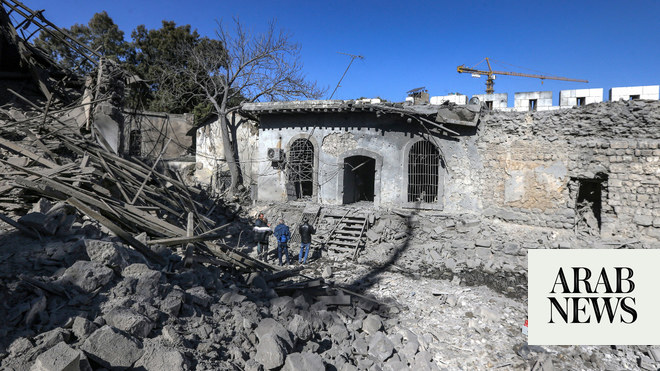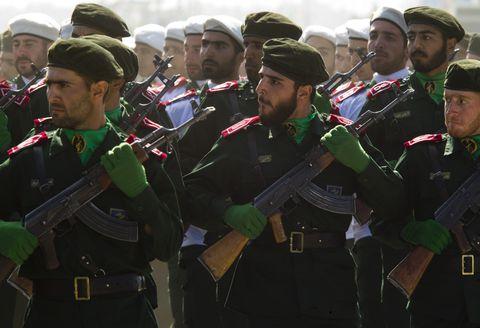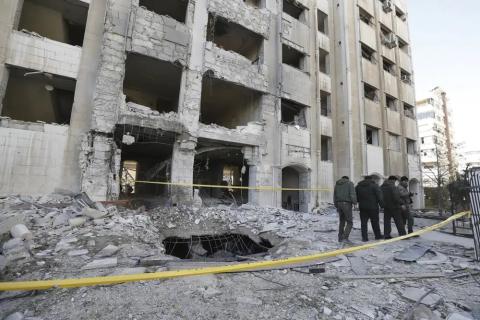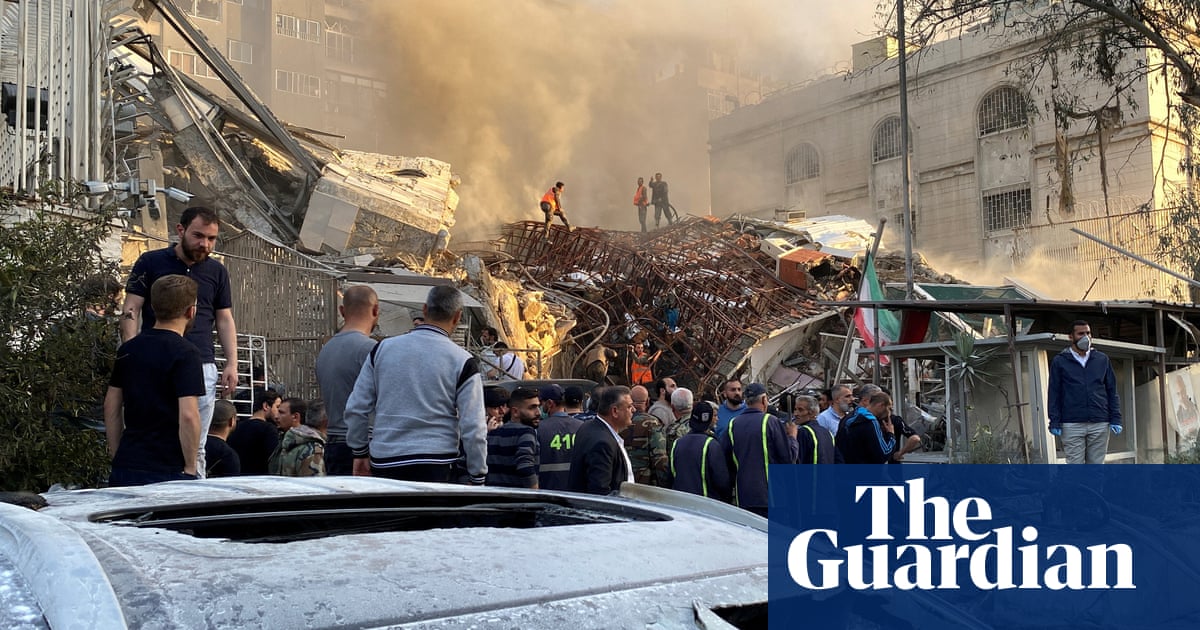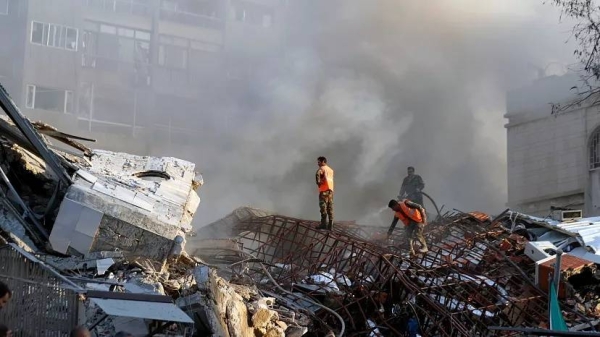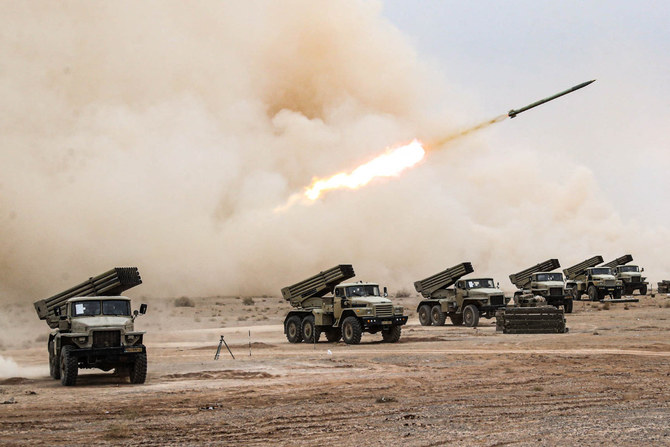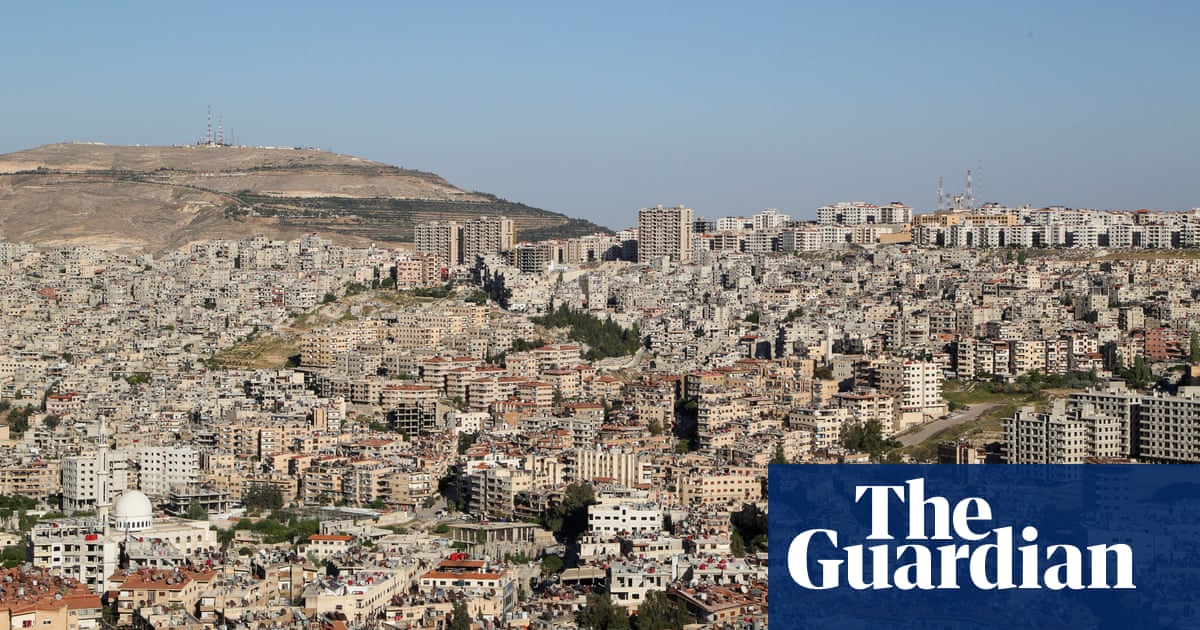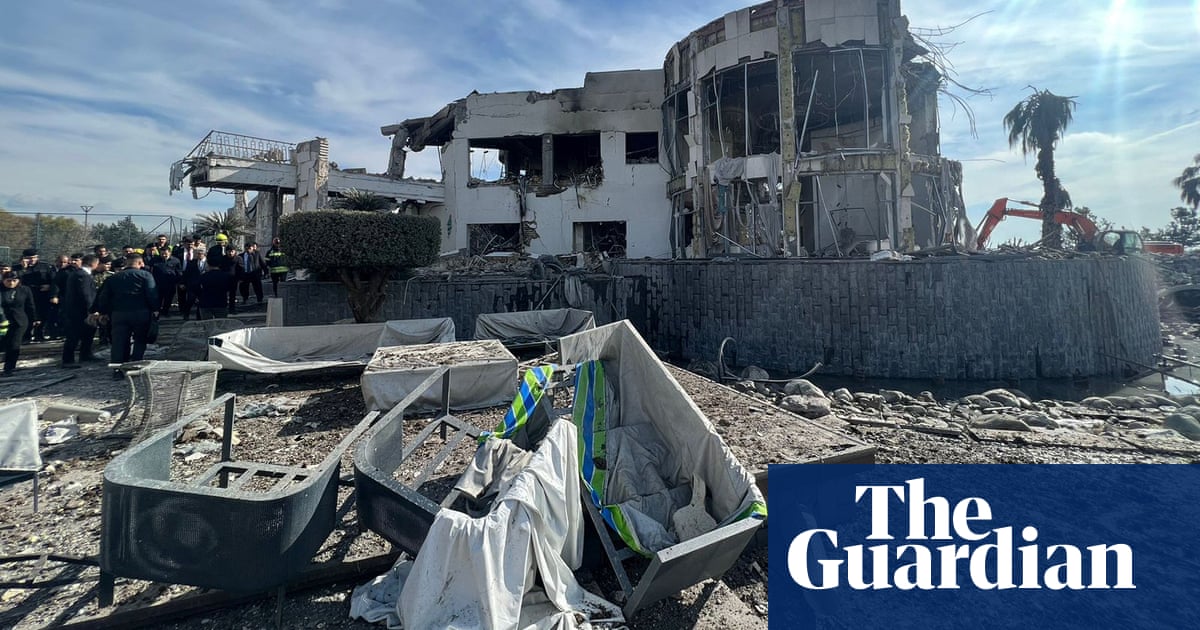
Seven years after getting involved in the Syrian war and helping to prolong it, Iran may be trying to re-think a strategy that has had many unintended, and undesired, consequences.
Calls for a review of Iran’s Syria policy are not yet either emphatic or loud. But they are coming from many different quarters inside and outside the ruling establishment.
Islamic Majlis member Mahmoud Sadeqi has called for “assessing the impact of our Syrian involvement” on Iran’s relations with other nations, most notably within the Middle East. The question is whether or not by siding with Syrian regime head Bashar al-Assad, Iran has antagonized other Arab and Islamic states. Worse still, Iran’s involvement in Syria may have enabled the United States, always singled out as “The Great Satan”, to rally its regional allies and form a solid bloc to challenge Iran.
Writing in “Iran Diplomat”, a periodical published by a relative of “Supreme Guide” Ali Khamenei, the retired Iranian diplomat, Mussawi Khalkhali, argues in favor of “looking again at our policies in the region, most notably in Syria.” Without suggesting that Assad should be thrown to the lions, he urges a profit-and-loss approach to a policy that has already claimed over 2,000 Iranian lives and in excess of $20 billion in expenditure.
One issue Iranian analysts focus on is the emergence of Russia as the setter of agenda in Syria, pushing Iran into the sidelines. This is because, besides the Assad regime and dependents, Iran didn’t have a genuine constituency inside Syria.
“Our sole constituency was Assad,” says analyst Ali Nobari. “Now that constituency is under Russian control.”
Besides the Assad clan, Russia has some genuine support among the Christian and Druze minorities in Syria that see Vladimir Putin as their protector against a Sunni Muslim majority rule. Iran, however, for obvious reason, has made no headway among Syrian Christians, while the Druze minority suspects Iran of harboring the ambition of spreading its brand of Shi’ism across the Middle East, regarding the Druze as a theologically “wayward” community.
Grand Ayatollah Alawi Borujerdi, one of the highest ranking clerics in Iran, has suggested that the Druze, the Nusairis (Alawis) and other communities known as “ghulat” (exaggerators) join a broad “Fatimid Front” led by Iran as a first step to “joining the mainstream of Shi’ism”. The seminaries in Qom and Mash’had would be prepared to dispatch missionaries to help the Syrian “ghulat” re-join the tradition of theological research and development.
In fact, Iran started to promote those ideas before the Syrian conflict began. Tehran set up 14 “cultural centers” across Syria to train Syrian clerics and publicized the late Ayatollah Ruhallah Khomeini’s version of Islam. However, by 2013, all those centers had been shut down for fear of “terrorist attacks”, and their personnel repatriated to Iran.
Last December, the Office for Islamic Convergence, part of Khamenei’s network of control announced a new scheme to re-open one of those centers in Damascus. The Office’s head Ayatollah Mohsen Araki, a British-educated mullah, was to lead a delegation of 40 clerics on that mission. However, the move was never made, ostensibly because of “security concerns” but, in reality, because both Alawite and Druze religious leaders conveyed their “serious reservations” to Assad.
It is not only the scheme for mass conversion of Syrians to Iran’s brand of Islam that has been put on the backburner.
With Russia assuming leadership in Syria and Turkey building a huge military presence there, Iran has had to trim its other ambitions in the war-torn country.
Last year, Tehran unveiled a plan to build a 1,800 kilometers highway between Qom and Beirut, passing through Iraq and Syria, within two years to give Iran a direct presence on the Mediterranean.
Gen. Qassem Soleimani, the man who commands the Quds (Jerusalem Corps) in charge of “exporting” revolution, was hailed by the official media as “the great leader who made Iran a Mediterranean power for the first time since the 7th century AD.”
Last week, however, Fars News, controlled by the Iranian Revolutionary Guard (IRGC) exposed the project as a pie in the sky. It said no one knew who would build the highway and that no budget had been assigned even to preliminary studies.
In 2013, Soleimani boasted that his force, also using Lebanese “Hezbollah” and other mercenaries from Afghanistan, Iraq and Pakistan, controlled an archipelago of territory in the center of Syria from east to west and thus could build a contiguous “presence on the ground”.
However, almost all chunks of that archipelago were abandoned under pressure from various Syrian forces opposed to Assad and pursuing different agendas.
“Lacking air power, Iran needs a strong presence on the ground,” says Hamid Zomorrodi, who studies Iranian military matters. “The initial idea was that Iran and Assad would provide the boots on the ground, while Russia acted as their air force.”
However, that idea led nowhere as Putin refused the role that Tehran wanted to assign to Russia.
“Putin thinks he has won the Syrian war with his air force,” says Zomorrodi. “He thinks that gives him the right to decide how the spoils of war are distributed.”
With Iran’s dream of a contiguous land route to Lebanon and the Israel border gone, Putin is trying to persuade Khamenei to abandon the two chunks of land Iranian forces and their Lebanese mercenaries still control near the borders with Israel and Lebanon. Israel already launched three air strikes against those two locations in the past year or so, reinforcing Putin’s message that Iran should transfer its presence to a “de-escalation zone” earmarked for it in Deir al-Zour close to the border with Iraq, far from the sizzling Syria-Lebanon-Israel triangle.
It may be premature to conclude that Iran is mulling its options in Syria. But one thing is clear, a growing segment of the political and military leadership in Tehran seems persuaded that Iran has got a bad deal in Syria and must rethink its options. However, while entering a war is easy, getting out of it is always difficult, especially when religious myths and revolutionary romanticism blur the political vision.




